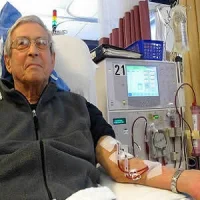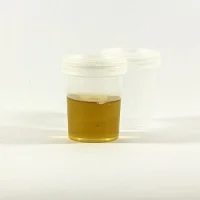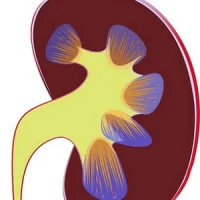A survey of paediatric intensivists in the U.S. has found that around half are not using current guidelines to diagnose acute kidney injury (AKI) in critically ill children, and over 70 percent are using serum creatinine and urine output only. Only one-third refer children with AKI to a kidney specialist after they are discharged. The study is published in Pediatric Critical Care Medicine.
The survey included 170 pediatric critical care physicians from academic centres, the Pediatric Acute Lung Injury and Sepsis Investigators network and the paediatric branch of the Society of Critical Care Medicine.
Amanda Hassinger, MD, MS, assistant professor, Department of Pediatrics, University at Buffalo Jacobs School of Medicine and Biomedical Sciences, lead author of the study (pictured), said in a media release that the findings were discouraging: "What we found was pretty surprising. It was scarier than I thought in terms of how aware other physicians in my field are to the new guidelines for treatment of AKI and the new methods to diagnosis earlier and more effectively. “
See Also: Biomarkers for Acute Kidney Injury: Where Are We Now?
Hassinger noted that serum creatinine should not be relied on, because it is not effective to detect AKI in children, as it can be affected by other factors. New biomarkers are available that can aid diagnosis, she added, and the survey found that 37.6% of doctors had access to these. However,there is no consensus definition of AKI in paediatric patients, and of the several guidelines and criteria, physicians lack knowledge about which to use. Most used the Risk, Injury, Failure, Loss, and End stage (RIFLE) criteria.
Data show that children who experience a single episode of AKI in the ICU have a 50 to 75 percent chance of having renal insufficiency for the rest of their life. This survey also asked physicians if they were aware that AKI independently has increased morbidity and mortality. Twelve percent of the respondents said no or that they were unsure. Hassinger noted that as children are resilient, they can bounce back well from AKI. However, if unmonitored, kidney issues may manifest when they are teenagers.
Source and image credit: University at Buffalo
References:
Hassinger AB, Garimella S, Wrotniak BH, Freudenheim JL (2016) The current state of the diagnosis and management of acute kidney injury by pediatric critical care physicians. Pediatr Crit Care Med,
17(8):e362-70.
Latest Articles
acute kidney injury, paediatrics, children, diagnosis, survey
A survey of paediatric intensivists in the U.S. has found that around half are not using current guidelines to diagnose acute kidney injury (AKI) in critically ill children and over 70 percent are using serum creatinine and urine output only. Only one-thi










